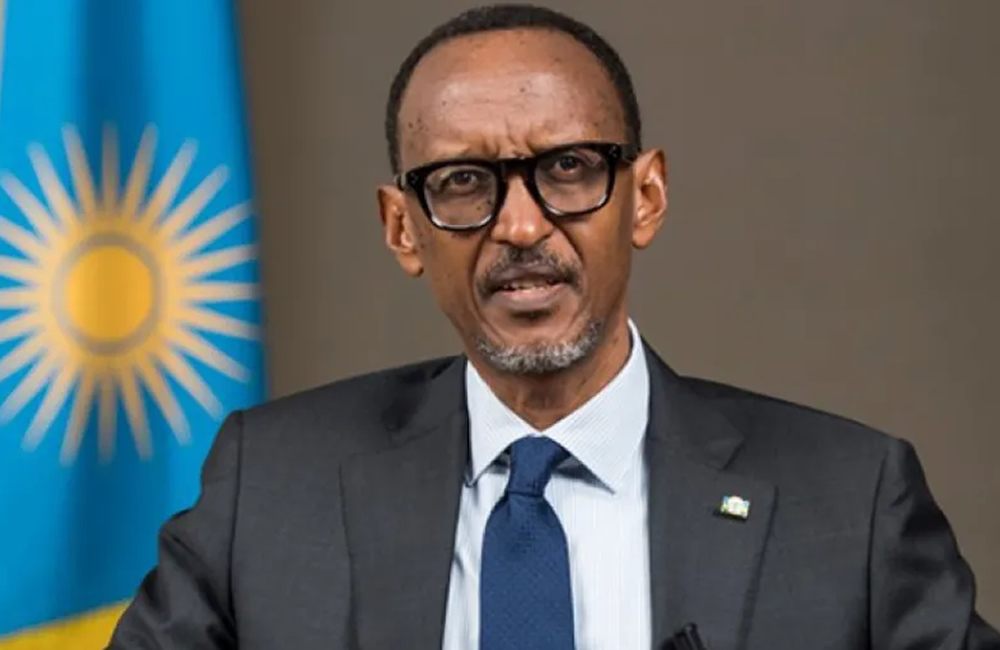I am a Rwandan who lived in UK for some 14 years and recently returned to live in Rwanda, I read a story that really caught my attention in the Guardian dated Aug 3rd. It asked “Does this picture make you think of Rwanda?” It dealt with how nations try to alter their national image after a tragic event that defines it. In Rwanda that event was the Genocide of 1994, and if you google Rwanda then the same topics arise. As for the original question about a picture, three picture pop up on google: one is of a crying child, the other of a disfigured woman holding a baby, and the last is of a man with machete scars criss-crossing his face.
For a country that has undoubtedly made massive strides in the last 16 years, in development, in justice and reconciliation, it is crucial that we change two things. Firstly we have to change how we view ourselves, and secondly we have to change how the world views us. So to call it “reputation laundering” is wrong, it is to equate it with money laundering where dirty money from criminal ventures is legitimised. That is to say a country with a negative perception has no right to change it.
Public relations is a science now, not an art like it used to be, this was proved by Tony Blair during his years in power. However, the dark arts of PR cannot sustain you forever, as we saw this with New Labour being kicked out. What Rwanda was trying to do in hiring Racepoint was to set a new image to begin afresh with, to reflect the changes that have gone on in Rwanda. 40% of Rwandans are under 18, meaning they have been born since the Genocide or were babies when it happened. And yet these young Rwandans find themselves hostage to their history. Women make 56% of parliamentarians, women make the majority of the workforce, women own more land than ever before.
The negative perceptions of Rwanda sometimes have benefits, whenever westerners arrive they are impress by the clean roads, polite police, the lack of open corruption, the role of women on building sites and they always say “It’s not as bad as they said.” What Rwanda suffers from mostly in the western media is the compound story, because Rwanda disappears from the world’s view for several years, then an avalanche of bad press comes. It would be like if one never heard of Britain in the media then all the negative headlines combine to make one story. “Corrupt politicians who cheat on their expenses to the tune of millions, a disenfranchised electorate where only 30% vote regularly, a political crisis where no party has a majority, a country where teenagers are shooting and stabbing each other on a regular basis.”
That could be the perception of Britain by someone who doesn’t follow news regularly. In Rwanda, several stories are combined to create an impression of crisis and oppression. Hence one can predict the final few paragraphs of any story relating to Rwanda. The killing of a journalist is linked to deserting generals, is linked to the killing of a politician, is linked to the refusal to register some opposition parties, is linked to grenade attacks, is linked to banning newspapers, is linked to the Congo crisis. The world needs to be better informed about this issues that are all unique and need to be explained in their context and not lumped together.
The killing of Frank Rugambage was linked to an earlier case where he was accused of Genocide crimes and the brother of the alleged victim confessed to the crime, the motive was apparently revenge. The banned newspapers were not registered and hadn’t paid tax in years, besides they were really unprofessional. The general who was shot in South Africa was a victim of a robbery. The opposition parties do not fulfil the requirements under our constitution, which I admit is restrictive considering our history. Rwanda has the only constitution designed to prevent genocide first, then facilitate democracy secondly. All this is forgotten in the short little bulletins that attack Rwanda, no government that is so media conscious can openly gun down journalists or former generals abroad.
Rwanda is a victim of the shorter attention span of modern media consumers, who want a brief description of what happened without the context. The Telegraph in the UK did a hard-hitting piece where they touched on all the faults and strengths of modern Rwanda but at least gave a background and context. Rwanda cannot be separated from its recent historical context, only 16 years ago some 800,000 people were hacked to death, in the world of newsreels that is prehistoric, but in reality some of the wounds have literally not healed and some survivors are still receiving treatment for their injuries. There is no excuse to exclude context where the internet is involved, it does not cost you extra paper. If you remove the context then you are cheating your readers and giving a false picture. Here is the other side you never show of Rwanda.
